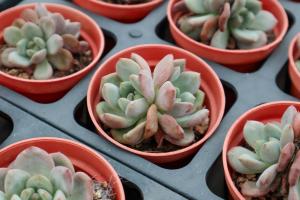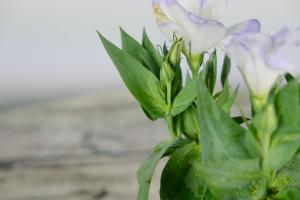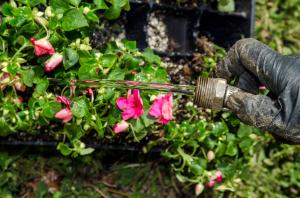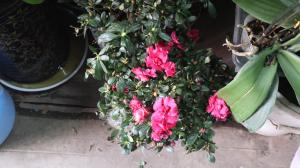What to Put in Bottom of Plant Pots for Drainage
Proper drainage is vital for the health and growth of plants. When you're growing plants in containers, one of the most important things to consider is drainage. In order to allow excess water to drain from plant pots, it’s important to fill the bottom of the pot properly. But what should you put in the bottom of the pot? Here are some options you can consider.
Gravel or Pebbles
Gravel or pebbles are commonly used as drainage material in plant pots. They are readily available, inexpensive, and work well at preventing soil from clogging the drainage holes. When using gravel or pebbles, be sure to fill the bottom of the pot to a depth of at least 2 inches. This will allow for proper drainage and keep the roots from sitting in water.
Broken Pot Pieces
Another option for the bottom of plant pots is to use broken pot pieces. If you have any old, broken pots lying around, you can break them up and use the pieces as drainage material. This is a cost-effective and eco-friendly option that also adds character to your plant pot. However, be sure to use larger pieces at the bottom and smaller pieces towards the top to keep the soil from washing out.
Styrofoam Packing Peanuts
For a lightweight and non-messy option, you can use styrofoam packing peanuts as drainage material. These will help to prevent soil from clogging the drainage holes, while also providing adequate drainage. However, keep in mind that styrofoam can take hundreds of years to decompose and can harm the environment, so it’s best to use this option sparingly.
Perlite or Vermiculite
Perlite and vermiculite are mineral-based substances that can also be used for drainage in plant pots. Both materials are lightweight and provide excellent aeration and drainage. Perlite is made from volcanic glass and pops like popcorn when heated, while vermiculite is made by heating mica until it expands. You can use either material alone or mix them together for a well-draining potting mix.
Conclusion
There are many options to choose from when it comes to what to put in the bottom of plant pots for drainage. Gravel or pebbles, broken pot pieces, styrofoam packing peanuts, and perlite or vermiculite are all effective options. Whichever material you choose, make sure to add at least a 2-inch layer at the bottom of the pot to allow for proper drainage. Your plants will thank you for it!

 how many times do yo...
how many times do yo... how many planted tre...
how many planted tre... how many pine trees ...
how many pine trees ... how many pecan trees...
how many pecan trees... how many plants comp...
how many plants comp... how many plants can ...
how many plants can ... how many plants and ...
how many plants and ... how many pepper plan...
how many pepper plan...































